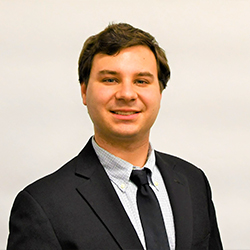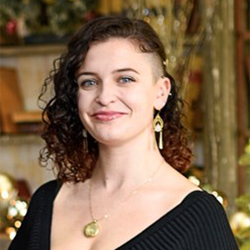Lithium-Ion Battery Safety & NDT Applications 101
This webinar explores the structure, risks, and real-world use of lithium-ion batteries. Attendees will learn to identify hazards, apply safe handling practices, and understand how NDT supports battery safety and reliability.
Member: Free
Credit Info
- Contact Hours: 1
- IACET CEUs: 0.1
- Valid for ASNT Level III recertification: Yes
Original air date: 11 July 2024
Course Overview
From electric vehicles to cellphones, lithium-ion batteries are becoming a larger part of everyday life around the world. Understanding the dangers and safety aspects of handling these types of batteries isn't a major safety focus around the world, and we want to change that. Join us to take a deeper dive into what makes up lithium-ion batteries & real-world applications, so we can better understand the need for NDT and better safety practices.
Upon Completion, Learners Will Be Able To:
- Understand the dangers associated with working with lithium-ion batteries.
- Identify the warning signs of a malfunctioning or defective lithium-ion battery.
- Apply safe handling and operational procedures when working with lithium-ion batteries.
- Explore the role of the nondestructive testing (NDT) industry in the inspection and maintenance of lithium-ion batteries.
Meet the Speaker

Richard Hollenbach, PhD
Richard Hollenbach is a Senior Engineer in Thermal Sciences at Exponent Consulting, specializing in thermal-fluid systems, turbomachinery, aerodynamics, vibrations, and fluid-structure interaction. With a background in mechanical and aerospace engineering, he investigates performance and failures through experimental and computational analysis. Richard has conducted inspections across residential and large-scale industrial facilities, supporting domestic litigation and international arbitration with detailed technical reports and expert analysis grounded in physics and mathematical modeling.

Grace Pharo
Grace Pharo holds a Bachelor’s degree in Mechanical Engineering Technology from the University of Cincinnati and began her career in 3D CAD design, with experience in aerospace tooling, injection molding, and Solid Edge applications. She joined Waygate Technologies in 2021 as a CT Application Engineer and has served as the Technology Battery Lead for North America since 2022, supporting advancements in computed tomography for battery inspection.
Questions? Contact us at education@asnt.org